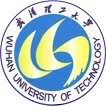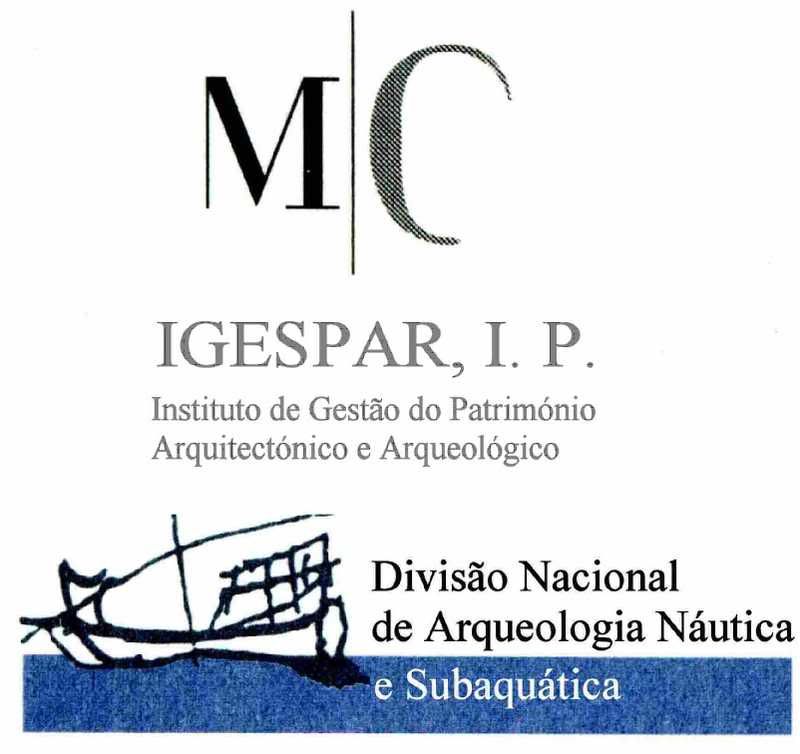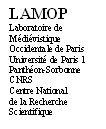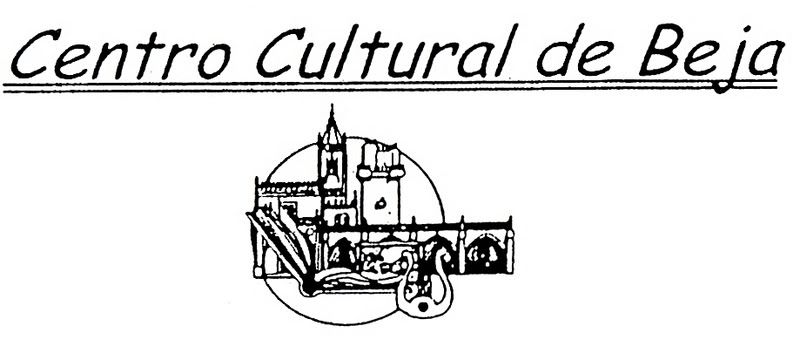February 16, 2008
Home <-
The Workshop in Portugal
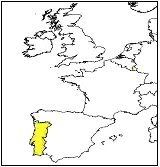
Besides the main thematic focus of the Workshop in preparation, the organization of the coming transcultural and interdisciplinary meeting in Portugal aims at introducing all foreign participants to some specific cultural aspects of the hosting country.
This comes as part of the effort to comply with the transcultural vocation of the Asia-Europe Workshops Series as defined by the International Institute of Asian Studies (IIAS, Leiden) which provides the main support for the event through the Asia Europe Foundation and the European Alliance for Asian Studies.
Thus, those taking part in the Workshop in Portugal in April will be sucessively hosted by:
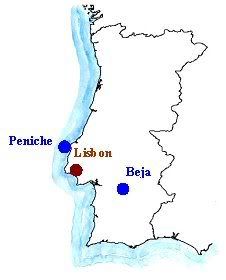
- the Municipality of Beja, in the southern province of Alentejo
- the Fundação Oriente (Oriente Foundation, Lisbon), in the Arrabida Monastery, a Portuguese cultural icon facing the mouth of the Sado river, south of Lisbon
- the Municipality of Peniche, a community known for its fishing and maritime activities along the Atlantic coast, north of Lisbon.
The five-days total duration of this Asia-Europe Workshop takes into consideration the fact that a significant part of the participants will fly directly from Eastern Asia to reach Portugal on transcontinental flights.
Being by nature an international, transcultural and interdisciplinary meeting, the Workshop in preparation, spread as it is along three radically different areas of Portugal, will not only offer an occasion for in-depth discussions of the major thematic lines at stake but is also intended to serve as a convenient platform of introduction of foreign participants to the Portuguese historical and physical landscape where the influence of the sea is to be found deep into the hinterland[1].
Surrounded by the ocean, the narrow Portuguese territory has served for several millenia as a bridge between distinct nautical universes, linking NorthWest Europe to the Mediterranean and Northern African territories since the late prehistory. The later nautical Portuguese ventures to Southern Africa and the Indian Ocean five centuries ago led to direct links with the whole Asian nautical hemisphere which now find their way within the naval archaeology debate[2].
The program thus conceived actually deals with four days of sessions spread along a total of five days, starting on Tuesday April 8th, 2008 in Beja, to end up in the morning of April 13th in Peniche from where participants are transported back to Lisbon and international flight connections.
The criteria thus adopted for the organisation of this Asia-Europe Workshop included a minimum number of 8 (eight) A.S.E.M. member countries, male/female parity and balance between senior experts and junior researchers.
The main language to be used throughout the workshop will be English, with some communications in Portuguese and Chinese. The presence of an interpreter is being considered (Portuguese/English). One communication in Chinese (Pr Xi Long Fei, Wuhan University) will be translated to English by one of the participants.
The Workshop will be held in Beja (Alentejo province, southern Portugal, Arrábida Monastery (Sado River estuary) and Peniche (a fishing town north of Lisbon)
All sessions will be opened to a public audience (maximum: 60 persons) through previous registration:

Pre-registration to all sessions and further details may be required at:
asiaeuropeworkshopportugal2008@gmail.com
Sessions at Arrábida Monastery on April 10th: fee (25 Euros) directly payable to Fundação Oriente (contact: dinternacional@foriente.pt).
Visits at Sarilhos Pequenos and Peniche on April 11th: the public previously registered to the Workshop is invited to provide its own transportation.
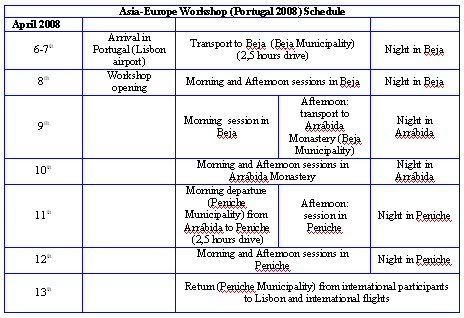
____________
[1] Blot, Maria Luísa Pinheiro (2003). Cf. References at the end of this document
[2] McGrail , Sean (2001). Jordan, Brian (2001). Idem
 Asia-Europe Workshop / Portugal 2008
Asia-Europe Workshop / Portugal 2008




